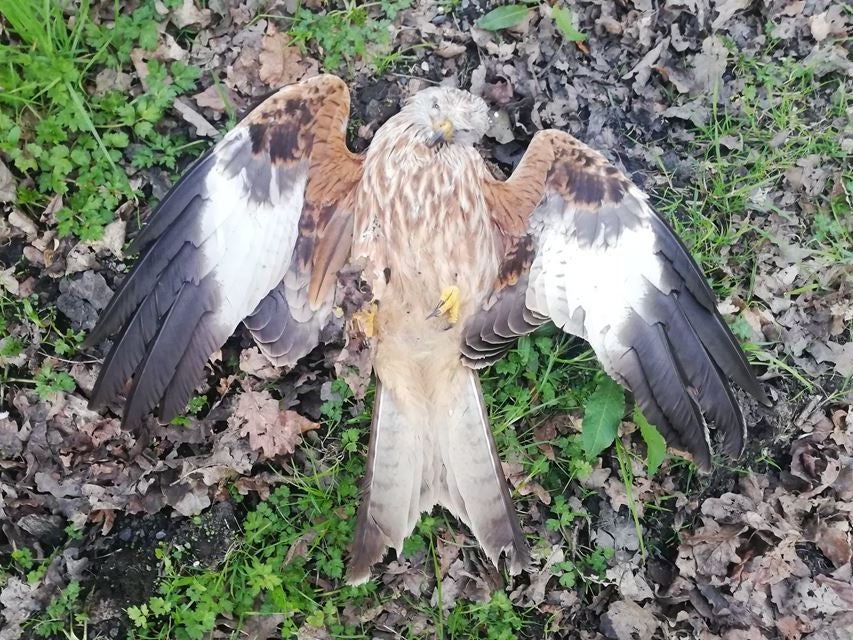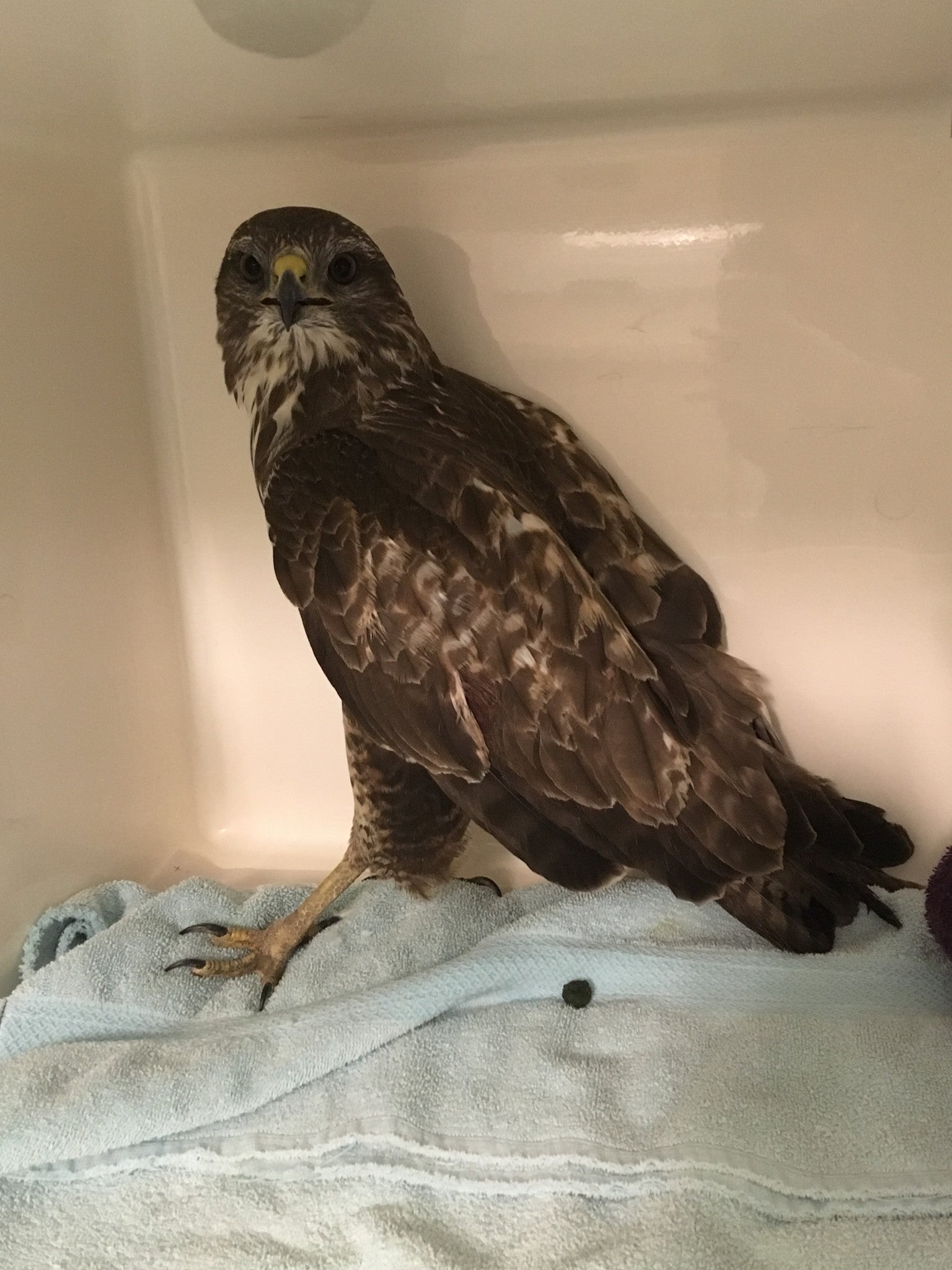Criminals using lockdown to shoot, trap and poison birds of prey in ‘persecution crimewave’
Conservationists blame ‘sporting estates’ after surge in killings of hen harriers, peregrines, buzzards and red kites, reports Jane Dalton


Birds of prey are being illegally shot, trapped and poisoned in increasing numbers during the coronavirus lockdown to protect the grouse-shooting industry, according to wildlife police.
Conservationists say shooting supporters are getting away with murder in the countryside in full daylight while the public are staying away from land where they would otherwise spot criminal activity.
The RSPB has received a surge in reports of hen harriers, peregrines, buzzards, red kites and goshawks being targeted in the past seven weeks. A barn owl was also deliberately killed.
Most of the deaths reported to the police or RSPB have been close to sporting estates that sell grouse, pheasant and partridge shoots, and the charity says that in the past, 67 per cent of those prosecuted in such cases have been gamekeepers.
The RSPB’s investigations unit says it is “overrun” with reports of illegal bird of prey killings. At least 56 potential offences have been recorded, including 15 birds of prey that were shot, and 24 carcasses that have been sent for analysis. They include 10 buzzards that were shot and 11 suspected to have been poisoned.
Normally the unit has two or three cases a week but now is almost getting that number every day.
Police are handling several “significant ongoing investigations on land managed for grouse shooting”, a spokesman said.
Gamekeepers believe birds of prey compete for food with grouse and pheasants, so reducing numbers available to shoot.
Grouse estates receive public money under a controversial scheme intended to have environmental benefits. An investigation last year found they were handed more than £10m of taxpayers’ money in 2018.
Estate owners say their land stewardship benefits all types of ground-nesting birds and conserves moorland and wildlife.
But on 29 March a buzzard was found shot at Shipton, near York. Its wing was fractured in two places and an X-ray revealed several pieces of shot in its body. A wildlife expert nursed the buzzard back to health and it was released.
Over the Easter weekend, a red kite was found shot dead near Leeds with 12 shotgun pellets in its body.
The following weekend, wildlife presenter Iolo Williams recovered a dead red kite in Powys that had been shot. A further two red kites were reported to have been shot in the area, which is managed for pheasant shooting.
The RSPB, which is lobbying the government for licensing of grouse moors, said that in Scotland, police were following up several raptor persecution cases and various reports of illegal traps laid on grouse moors.
Spokesman Tony Whitehead said the crimes were being put down to people protecting bird-shooting businesses.
“This is illegal activity. Of course there are a few enlightened gamekeepers but there is still an element within that community who see anything with a hooked bill as a threat,” he told The Independent.
“We should be seeing hundreds of pairs on the North York moors, for instance. It’s a tragedy.
“The public has a real love of birds of prey and it really galls me that these species they love are being persecuted.”
Red kites and peregrines have both come back from being scarce, he said, but “as soon as they put their heads above the parapet” they are targeted.
Anyone deliberately killing or injuring a bird of prey may be jailed for up to six months or given an unlimited fine.
Supt Nick Lyall, head of the raptor persecution delivery group, which is run by the National Wildlife Crime Unit, said he had been sickened by the level of such crime.
He said: “It is clear that lockdown has been seen as a green light by those involved in raptor persecution offences to continue committing crimes, presumably in the belief that there are fewer people around to catch them doing so.”

It appeared some good lines of inquiry should lead to arrests, he said.
Last year the RSPB, which keeps a map of such crimes, found that illegal killings of birds of prey in Scotland doubled during 2018.
Mark Thomas, the RSPB’s head of investigations UK, said: “Spring is the time when birds of prey are most visible and therefore vulnerable, as they put on courtship displays, build nests and find food ready to breed. It is clear the criminal actions are targeted and malicious in nature, taking out birds before they have the opportunity to breed, often in areas where they have previously faced persecution.”
He appealed for anyone with information to call 101 or the RSPB’s raptor crime hotline.
A spokesperson for the National Gamekeepers’ Organisation (NGO) said: “We would be interested to see any information from the RSPB on this reported increase in bird of prey persecution. The National Gamekeepers’ Organisation and individual gamekeepers in moorland areas work closely with Natural England, the police and other stakeholders to do all they can to help eradicate any such illegal killings.”
The NGO said it was also signatory to a joint raptor persecution statement earlier this year.
Join our commenting forum
Join thought-provoking conversations, follow other Independent readers and see their replies
Comments